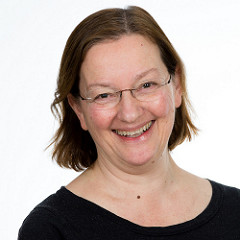
In a recent feature article published by BT, CAMRIA leader Professor Nina Langeland from the University of Bergen and Haukeland University Hospital, along with our collaborator Professor Magne O. Sydnes from the University of Stavanger, highlight the growing threat of antimicrobial resistance. This discussion comes in light of the WHO’s newly updated list of the most dangerous bacteria for humans.
The situation is highly alarming because very few new antibiotics are being developed today. When someone is infected with a resistant bacteria, antibiotics that once could cure the disease are now ineffective. These resistant bacteria are exceptionally difficult to treat, resulting in a prolonged and more complicated healing process for patients.
At the top of the WHO list, two bacteria are of particular concern: Escherichia coli (E. coli) and Klebsiella pneumoniae. Both are known to cause severe bloodstream infections. They are showing increasing resistance to common antibiotics globally, and although the situation in Norway is comparatively less severe, it is still a significant concern.

So, what can be done to address this escalating problem? The authors stress the importance of closely monitoring the situation and focusing on the development of new antibiotics. These new antibiotics must target bacteria through different mechanisms of action to effectively combat resistance and provide alternative treatment options. While antimicrobial resistance is a formidable challenge, ongoing research and development are crucial in the fight against this global health threat.
You can read the full feature article on the BT website: Antibiotikaresistens blir et stadig større problem. It has already garnered significant attention, with almost 125,000 reads!

